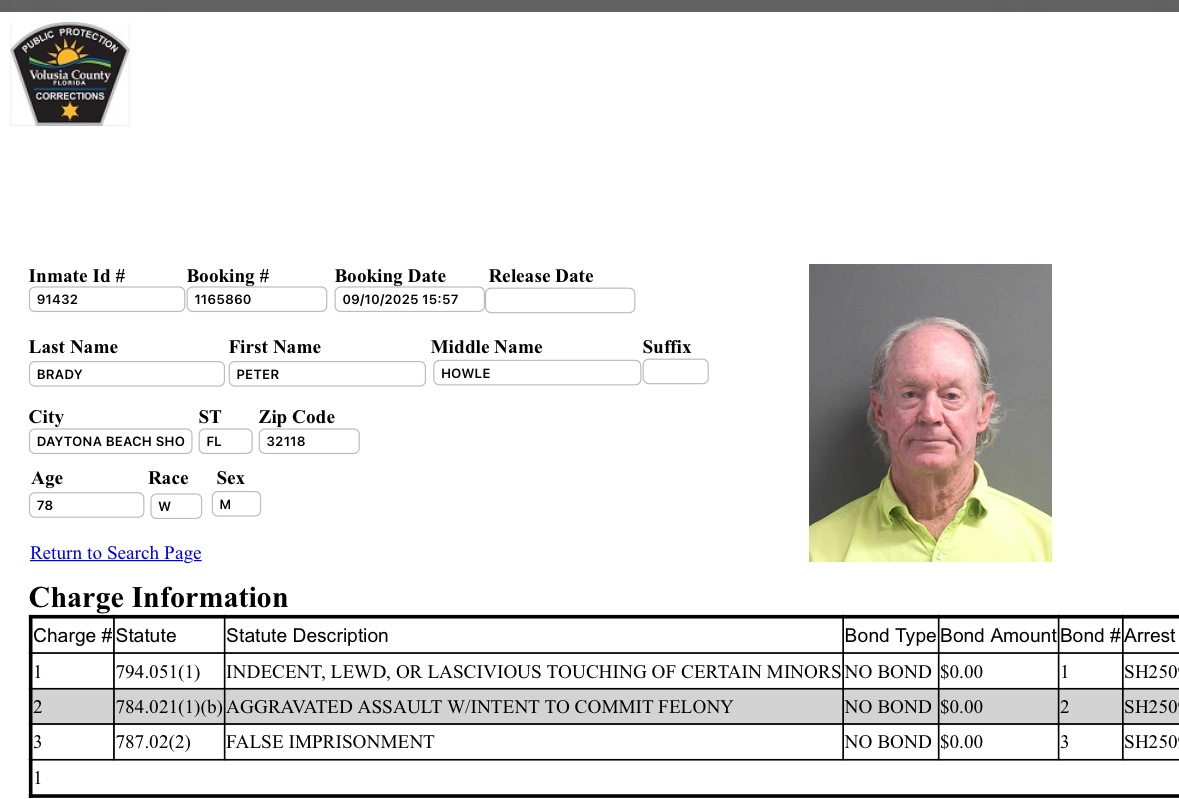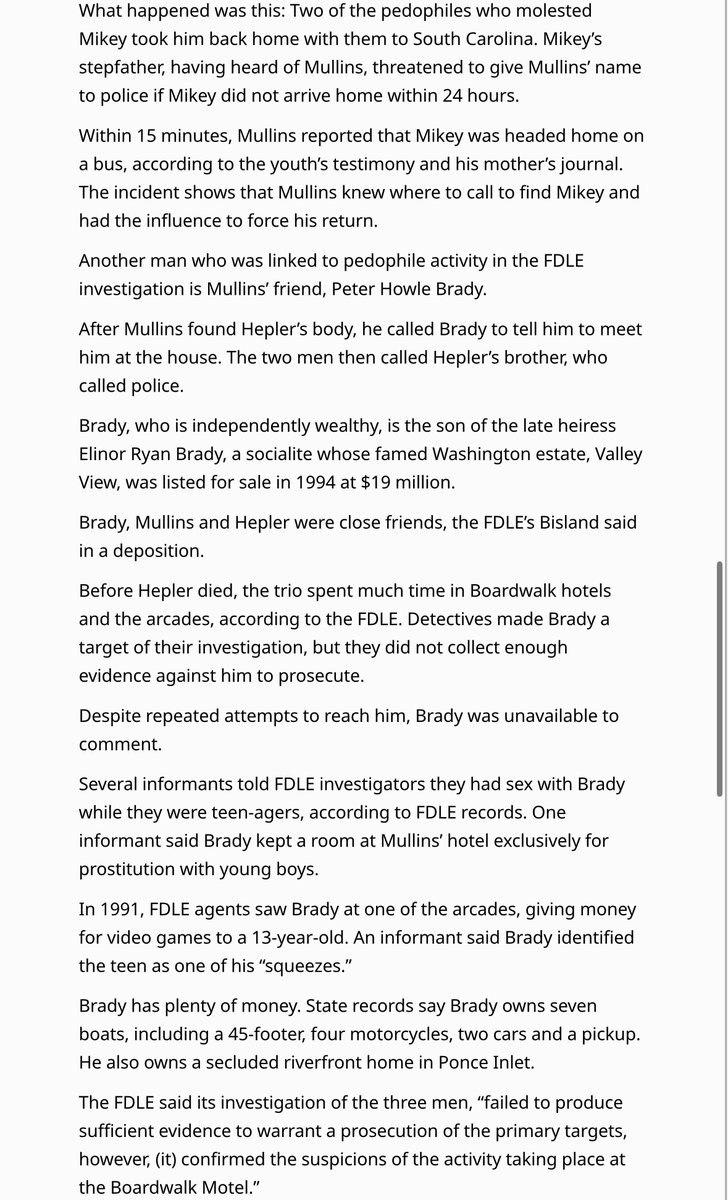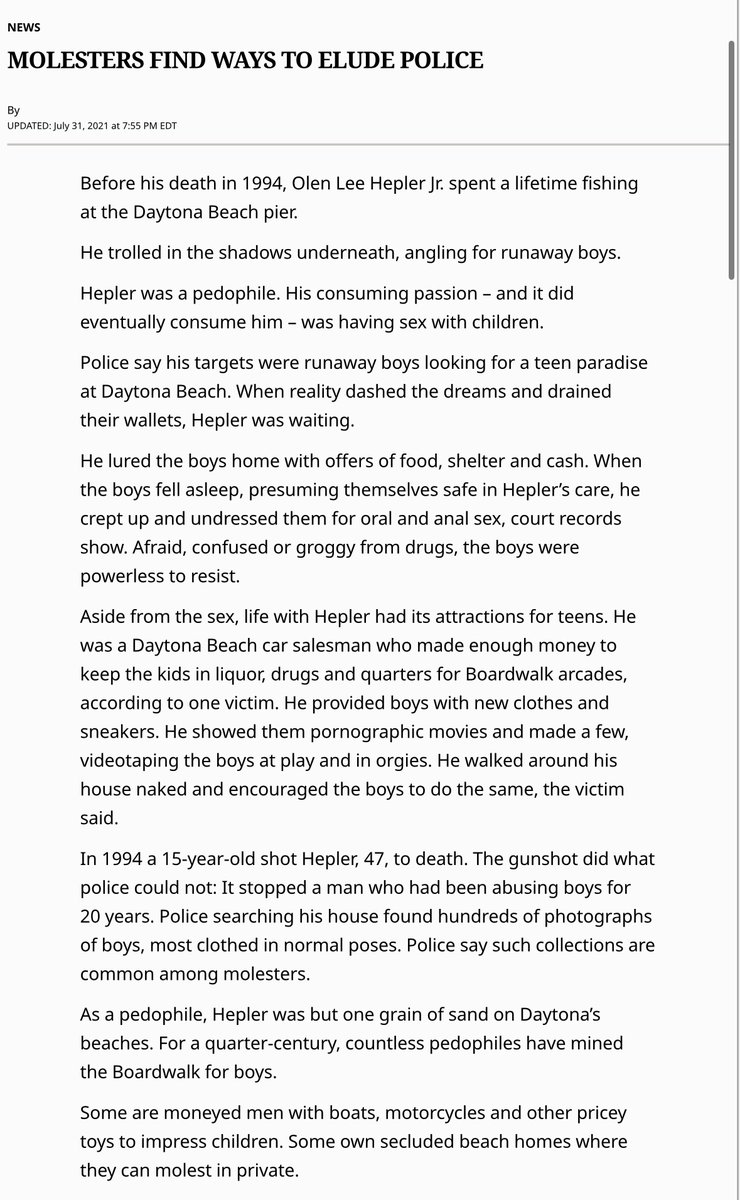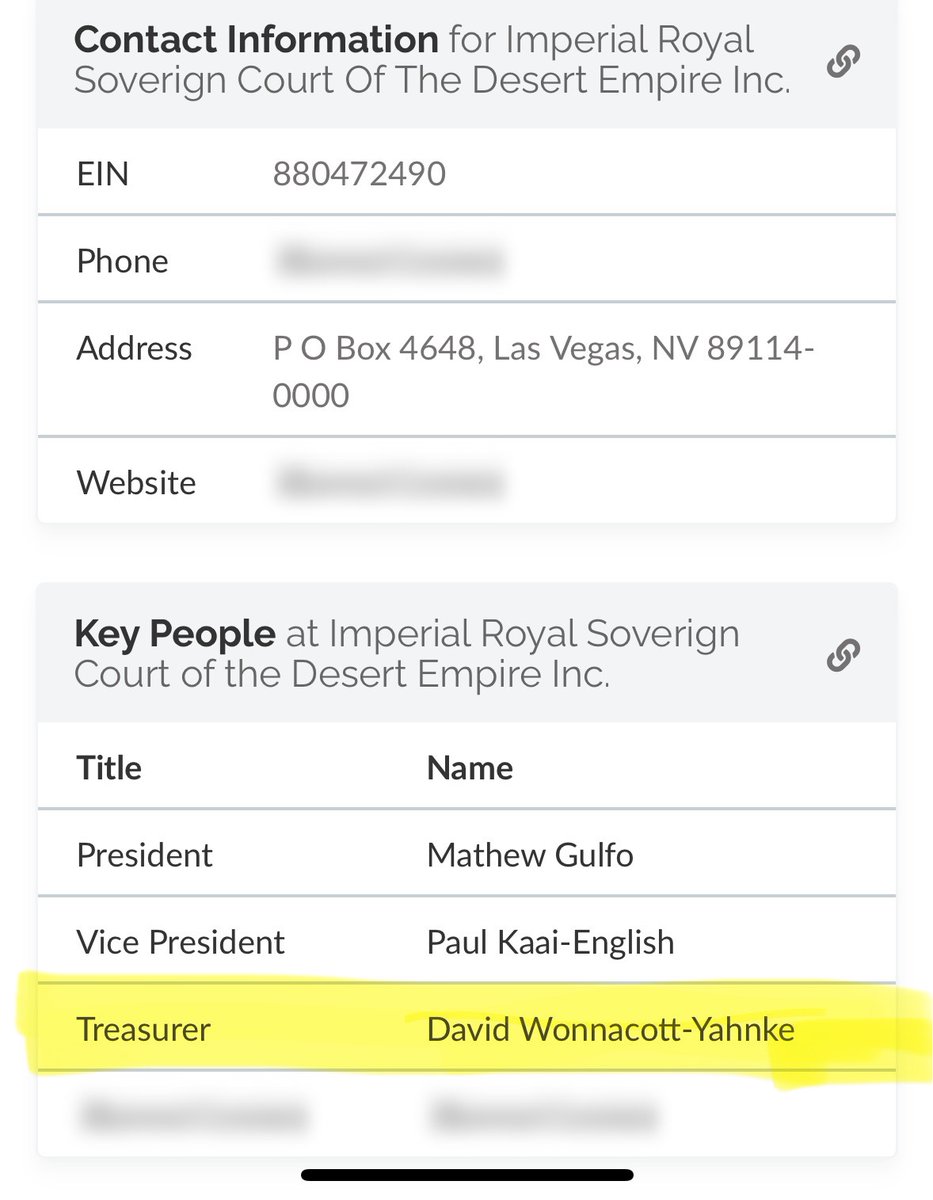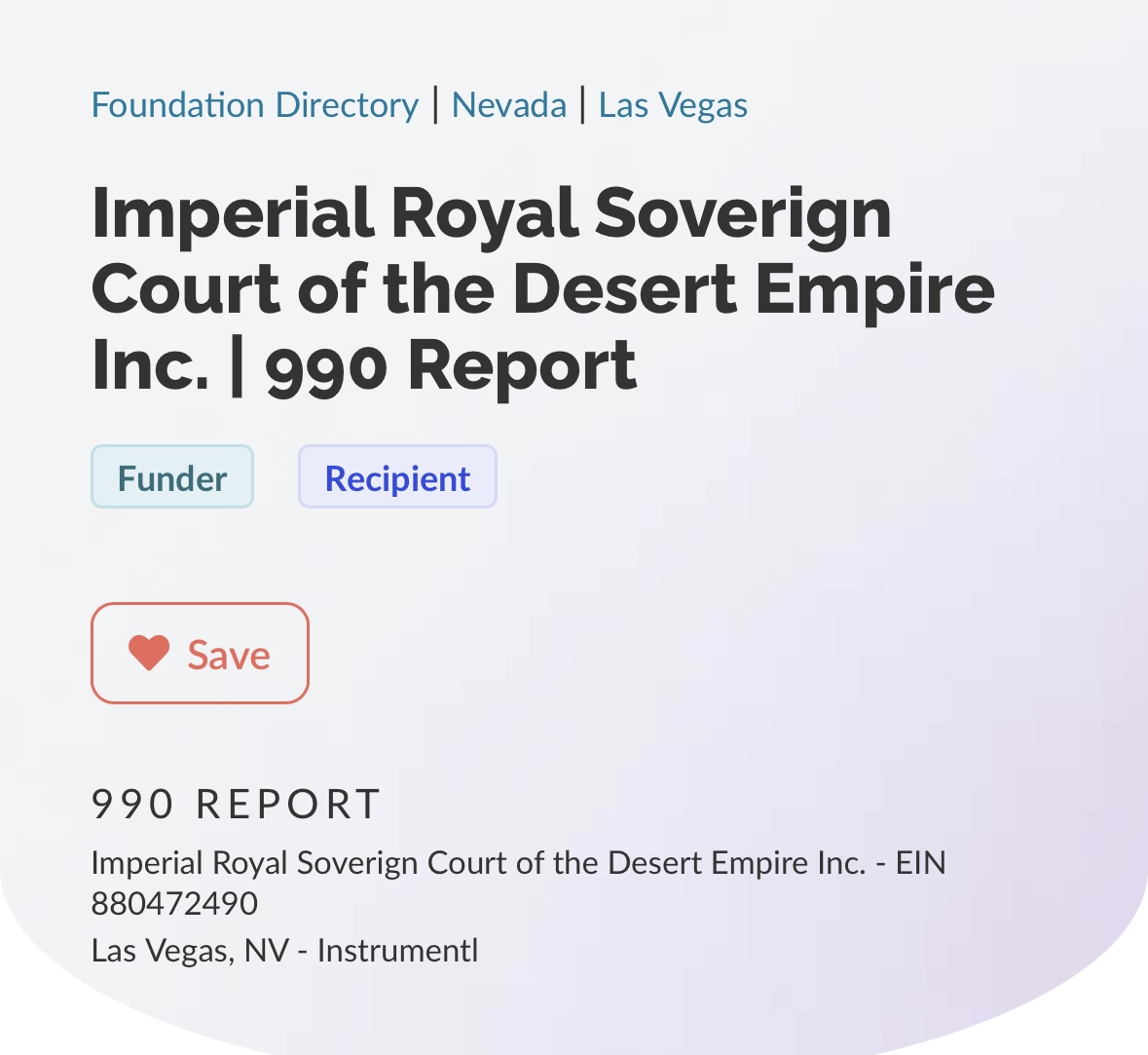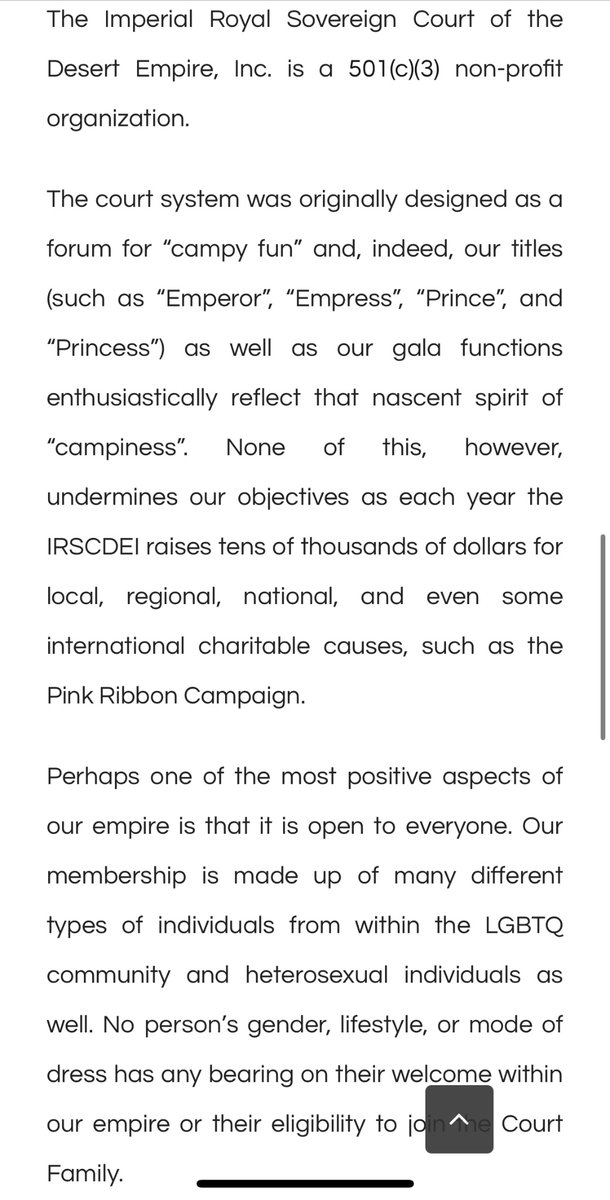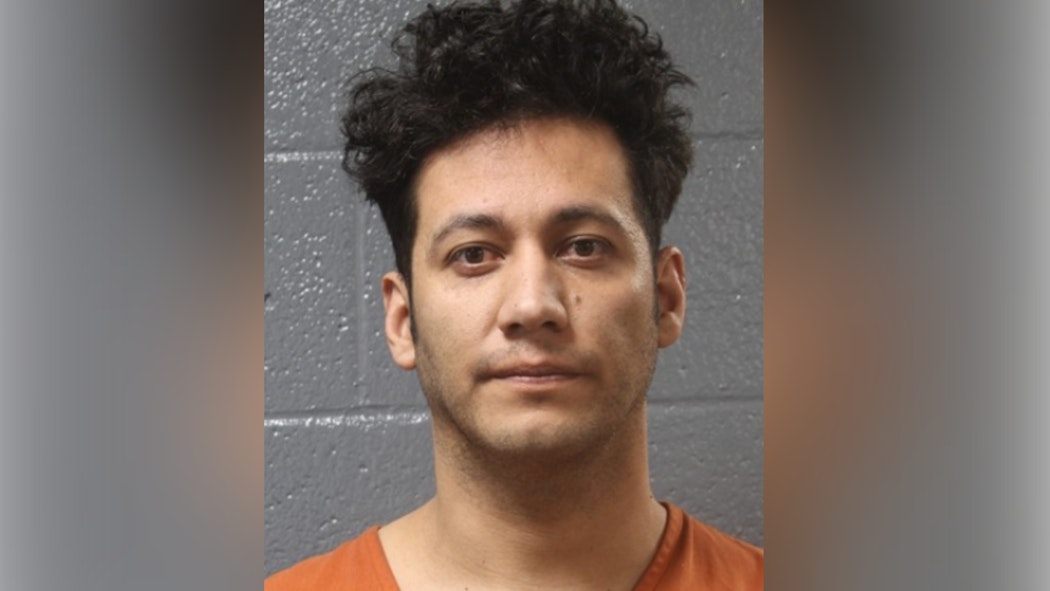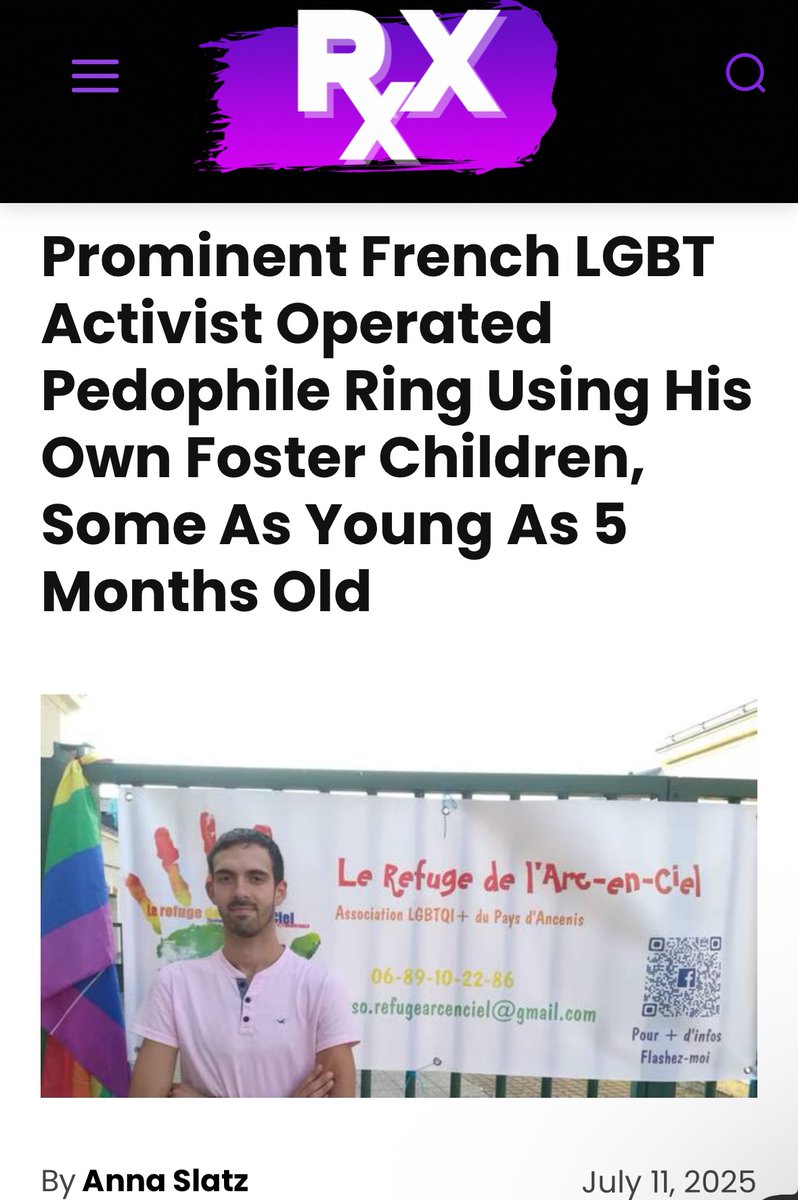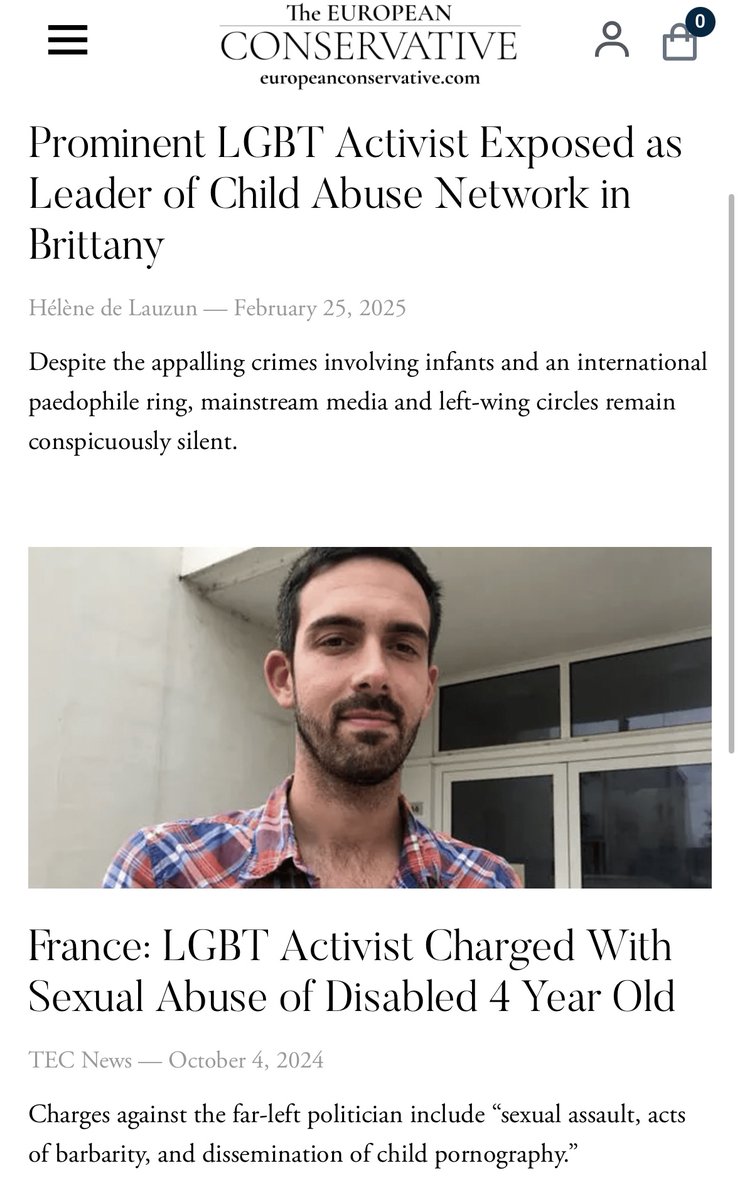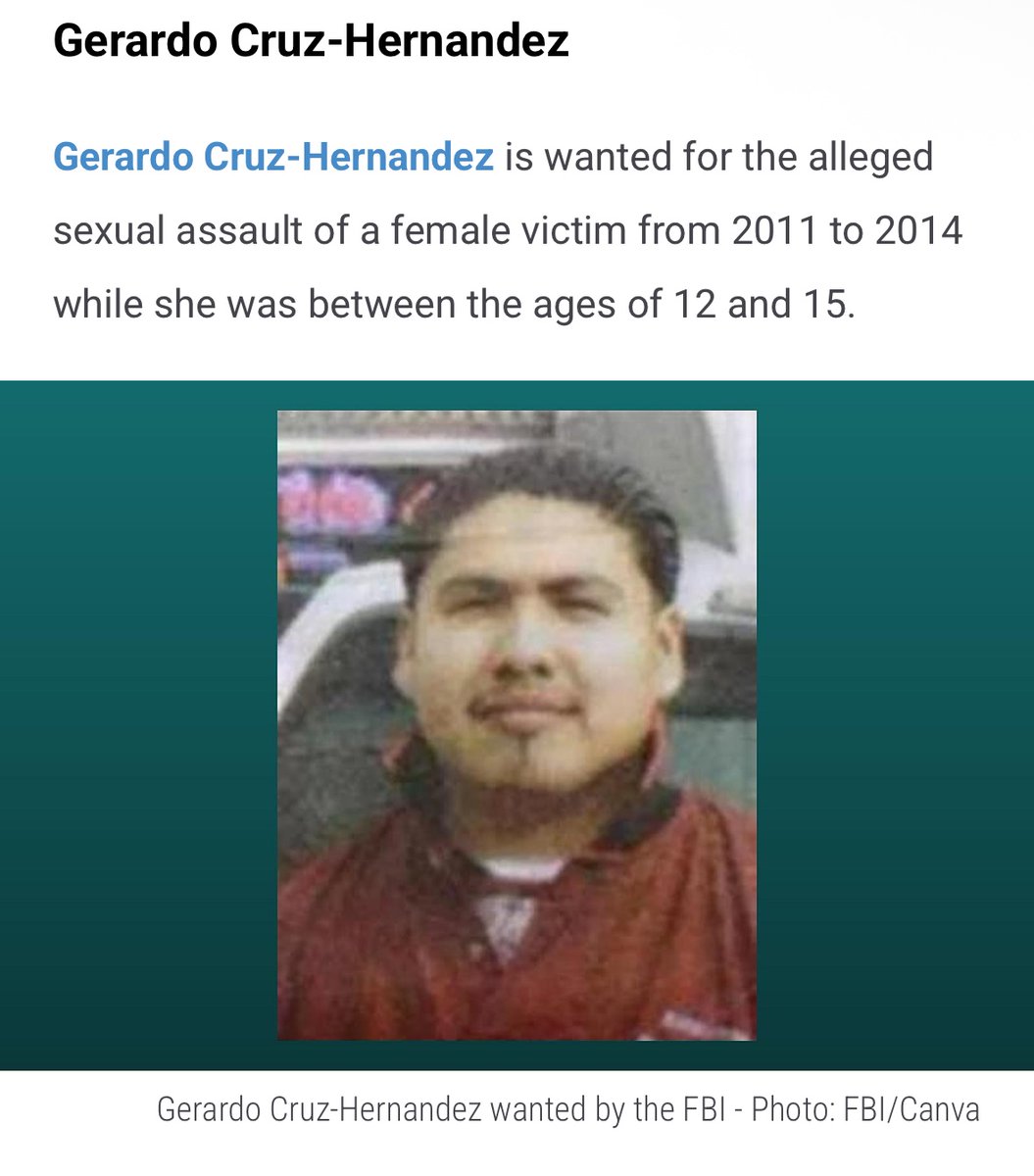Don’t make us prove you wrong
AGAIN
Adrenochrome is listed as the first conspiracy theory that is considered dangerous
what’s really dangerous is being ignorant enough to believe they would tell the truth by now
So in this thread we are gonna drop all adrenochrome proofs …. Go
@LizCrokin

AGAIN
Adrenochrome is listed as the first conspiracy theory that is considered dangerous
what’s really dangerous is being ignorant enough to believe they would tell the truth by now
So in this thread we are gonna drop all adrenochrome proofs …. Go
@LizCrokin


• • •
Missing some Tweet in this thread? You can try to
force a refresh





























































